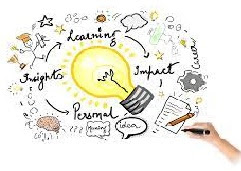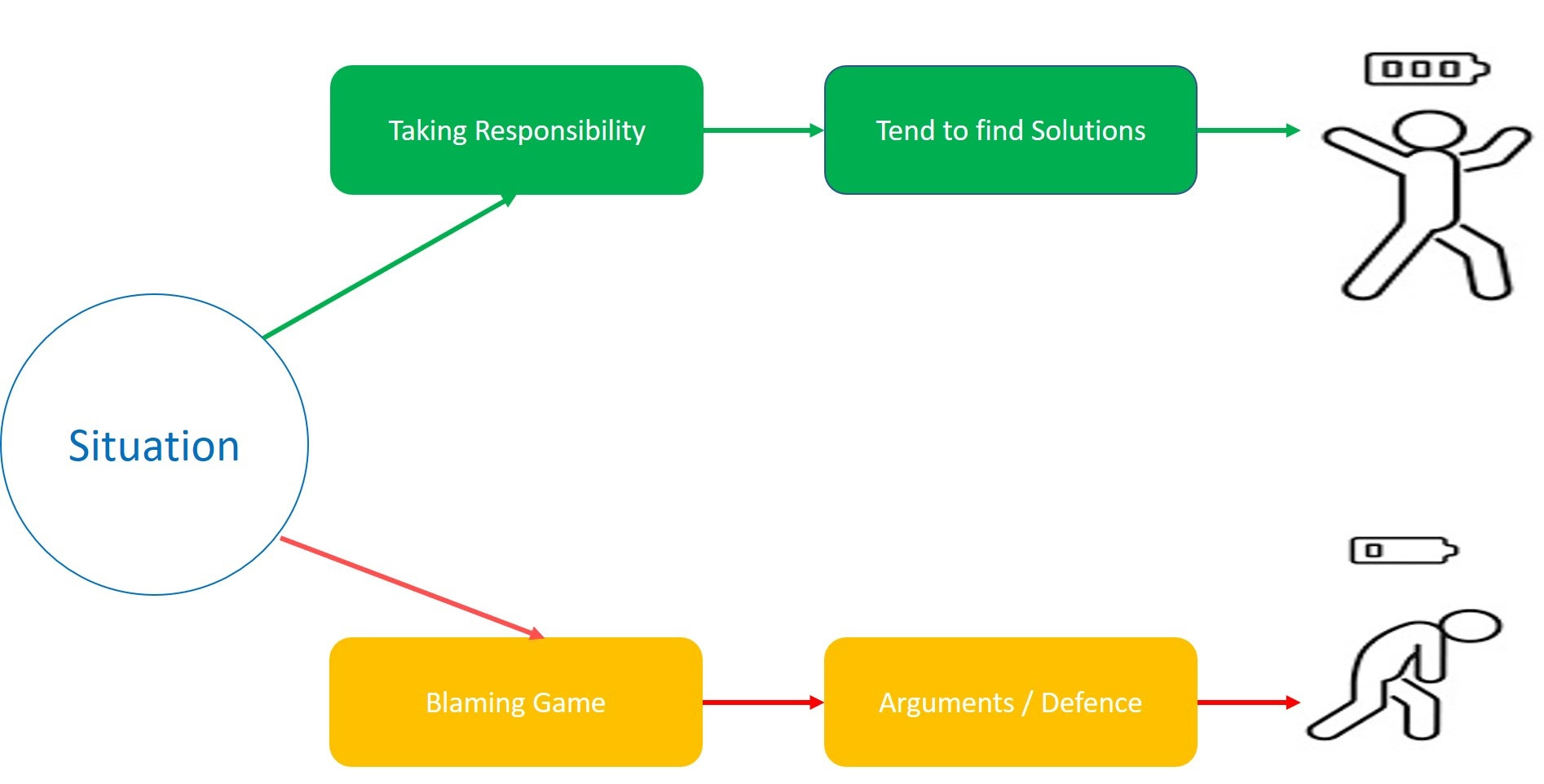Building Credibility to influence
(Execution Excellence -"Ability to get things done" Series)
We discussed some of the mindsets of highly influential people in the workplace to get things done. We mentioned win-win, how they look at work, and clarity of what they need.
One of the practices or efforts put by highly influencing people is developing Credibility at the workplace among peers, colleagues, junior colleagues, and customers.
What is meant by Credibility?
Credibility is all about the believable or trustworthiness of someone in some aspects.
For example,
You may have some clarification in tax filing. Whom do you approach or consult?
A well-known practicing chartered accountant/auditor only.
Because we firmly believe or trust them as they have proven qualifications and practices. That is the Credibility they earn or possess.
Credibility comes from consistent action or behavior on character or demonstrating domain expertise.
How Credibility has an impact on influencing?
Any transaction in a professional environment happens through TRUST. The Trust will come from repetitive behavior or demonstrating expertise consistently. When we earn the Trust, others will respect our ideas or plan and be ready to follow us. In that way, we can get things done at the workplace.
Relatively we have an edge to influence or sell our ideas to others over those who do not build Credibility.
Recently one of the retired CEO from corporate published his book on career planning and became a GENUINE best seller in the market. He had not spent any money on advertising. He has only built Credibility for the last 20 years as a leadership and management expert. People believed that he might also have some message on career planning and make it a big success. That is the power of Credibility in influencing.
When we have some technical or business challenges, we approach some people for solutions because they establish Credibility as thought leaders in respective technical or business aspects. We readily accept them as they earn our Trust and respect.
Building Credibility is one of the traits of every professional at any level and requires consistency and time to build. Once we make Credibility, it will have a compounding effect on the influencing power.
Let us discuss the various methodologies to build Credibility next week.
Have a great week ahead!










 ).
).







